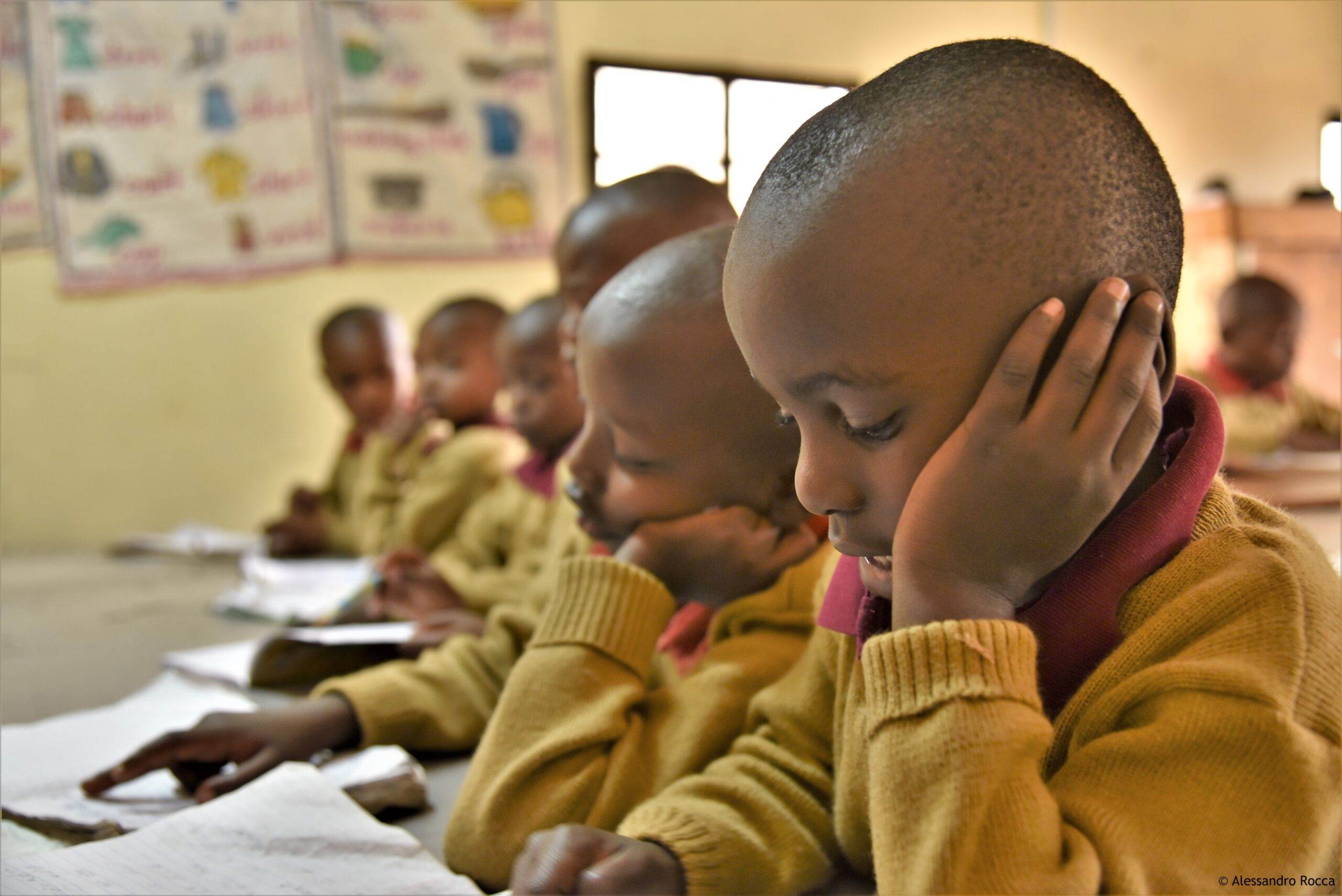The project
“Psychosocial rehabilitation and family and school integration of street children in Nairobi”
This project, implemented by GRT and funded by Tavola Valdese’s Ottopermille, works directly with street children and youth in Nairobi to engage them in a rehabilitation process aimed at strengthening their psychosocial well-being and offering an alternative to street life.
The project stems from GRT’s established experience in the sector and intervention area, where the organization remained one of the few physically present alongside the children even during the COVID19 pandemic. The work of the social workers takes place on the street, in the bases where the children and youth are “hooked up” through food distribution, recreational activities and hygiene awareness. A rehabilitation plan is developed that include outreach, emotional support and family and school reintegration. At the same time, families of reintegrated children are supported in both parenting and economic empowerment to break down the causes that led the child to live on the street.
GRT social workers have done extensive street mapping and worked side by side with beneficiaries, building trust, encouraging dialogue and participation in learning sessions.
Objective
The objective of the project is to help to improve social inclusion and mental and physical well-being of street children and youth in Nairobi County. Specifically, the project aims to support street children and youth on their path to autonomy through family and school reintegration and by strengthening the economic stability of their families.
Results
132 mappings of street children and youth were carried out to guide the outreach. GRT also activated 67 individual psycho-social projects for as many children/youth, i.e., individualized interventions aimed at individual skills strengthening, family reintegration, and school reintegration.
Field workers organized 45 training sessions on like skills (self-esteem, interpersonal relationship skills, and stress management), and hygiene awareness in Mlango Kubwa and Ngara, accompanied by recreational activities and hot meals. In total, 3106 meals were distributed to project beneficiaries. After the preparatory stages, 8 children received appropriate training for access to school and vocational training, specifically: 2 children for access to primary education, 1 for secondary education, and 5 youth for vocational training courses.
In preparation for the opening of the next school enrollment, 30 plans have already been prepared ready for reintegration. In the family setting, 4 street children were reintegrated into their families of origin, achieving positive results. Finally, GRT workers conducted 20 family tracing (non-exclusive of the 4 reintegrated children) and 52 follow-up visits to monitor children reintegrated into families, enrolled in school or referred to rehabilitation centers. The visits make it possible to follow the children’s progress and intervene on problems reported by the child, guardians/parents, or teachers, and staff can employ individual counseling in case of behavioral problems. At the same time, staff work with the child’s family to strengthen parenting skills, and if the child is reintegrated into the family, we make sure that the family takes action to find him or her a school.

